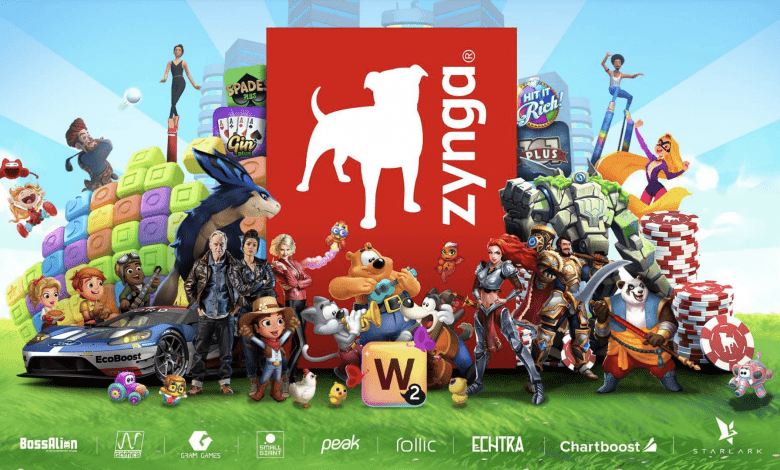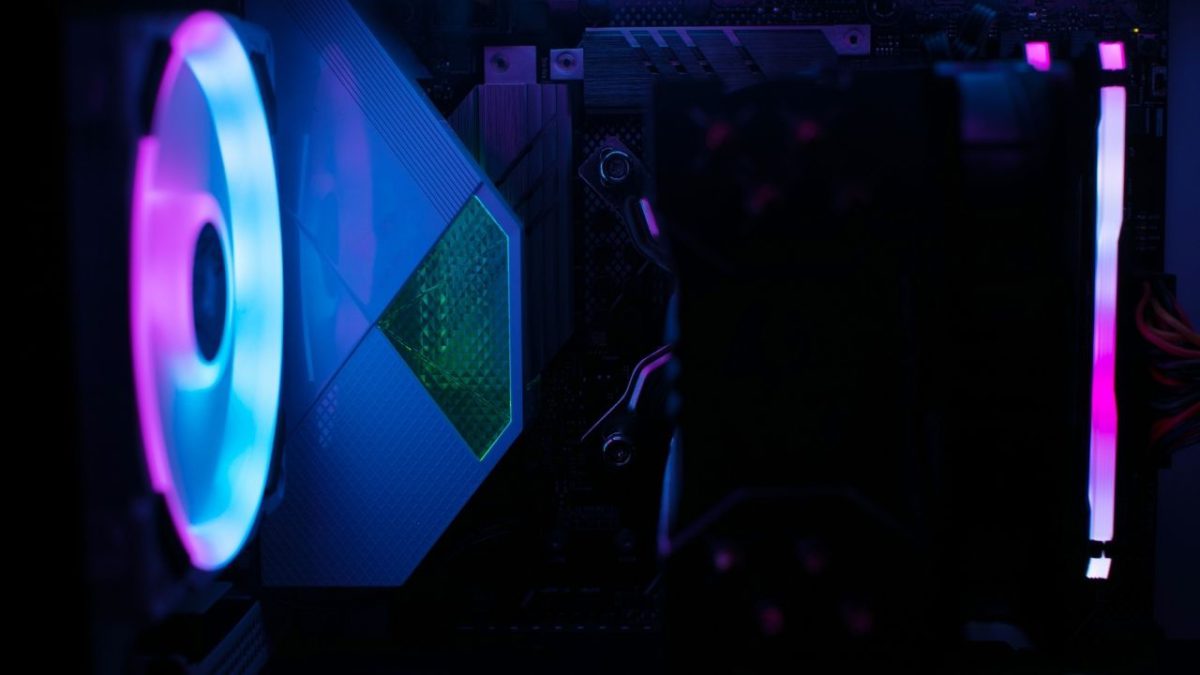Blockchain Gaming: A Solution To In-Game Item Duplication And Fraud
In-game item duplication and fraud have been persistent problems in the gaming industry for years. The issue arises when players find ways to duplicate valuable in-game items or engage in fraudulent activities, such as using third-party software or exploiting game bugs, to gain an unfair advantage over other players. These fraudulent activities can cause significant harm to the game’s economy, ruin the game experience for other players, and can even lead to the game’s demise.
One solution to this problem is blockchain gaming. Using blockchain technology, game developers can create a secure and transparent system to prevent in-game item duplication and fraud.
How Blockchain Gaming Can Address In-game Item Duplication and Fraud
Blockchain gaming relies on a decentralized ledger that records all in-game transactions. This ledger is public and transparent, meaning every transaction is visible to the game community. As a result, every player’s in-game assets and transactions are secure, transparent, and immutable.
With blockchain technology, game developers can create unique and non-fungible tokens (NFTs) for in-game items. NFTs are unique digital assets that are stored on the blockchain and are not interchangeable. Each NFT is tied to a unique identifier and can be transferred from one user to another, making them a perfect solution for in-game items. Since each NFT is unique, there is no way to duplicate or counterfeit them.
Moreover, blockchain gaming can help prevent fraud by creating a transparent and secure in-game economy. Since every transaction is recorded on the blockchain, there is no way to manipulate or alter the game’s economy. This eliminates the possibility of fraudulent activities like hacking, cheating, or duplication. The use of smart contracts can also ensure that in-game transactions are fair and transparent, preventing fraudulent activities like scamming or stealing.
Verasity is a blockchain-based, decentralised, digital ad fraud software, that specialises in video ads and gaming.
Their world-patented Proof-of-view tech removes the $150bn ad fraud issue and rewards users for engagement.
– $89m Market Cap https://t.co/8Irb1jO6GN
— Sykodelic 🔪 (@Sykodelic_) February 22, 2023
The Benefits of Blockchain Gaming for Players and Developers
Blockchain gaming can provide numerous benefits for both players and developers. For players, blockchain technology provides a secure and transparent in-game economy, ensuring that their in-game assets are safe from fraud or theft. NFTs also allow players to own and trade in-game items, creating a new form of value for gamers. Additionally, blockchain gaming can create a more immersive and engaging game experience by enabling cross-game asset interoperability and community-driven game economies.
For developers, blockchain gaming provides a new way to monetize their games. Using blockchain technology, developers can create in-game economies that generate revenue from in-game transactions. This revenue can be used to fund game development, support game updates, and create new game features. Additionally, blockchain gaming can create new opportunities for game developers to collaborate with other developers, artists, and creators, creating new and unique game experiences.
Blockchain gaming has the potential to revolutionize the gaming industry
As blockchain technology continues to advance, the future of blockchain gaming looks promising. In the coming years, we can expect to see more games adopting blockchain technology to create more secure and transparent in-game economies. Moreover, we can expect to see more cross-game asset interoperability and community-driven game economies, providing a new form of value for gamers.
Moreover, blockchain gaming can provide a new form of value for gamers. By creating unique and non-fungible tokens for in-game items, players can own and trade their items outside of the game, creating a new form of value for gamers. This can provide new opportunities for players to make money by trading rare in-game items, creating a new way for gamers to monetize their gaming experience.
In addition to the benefits for players and developers, blockchain gaming can also positively impact the environment. Traditional gaming requires high energy consumption levels, leading to a significant carbon footprint. By using blockchain technology, game developers can create virtual economies that reduce the need for physical production and transportation, reducing the environmental impact of traditional gaming.
The use of NFTs in blockchain gaming has also created a new market for gaming collectibles. NFTs allow game developers to create unique and rare digital assets that players can trade and own outside of the game. This has led to a new market for gaming collectibles, creating new revenue streams for game developers and players.
However, blockchain gaming is not without its challenges. The technology is still in its early stages, and there are still scalability, interoperability, and usability issues. Additionally, the use of blockchain technology in gaming can be a double-edged sword, as it can lead to a more complex and confusing game experience for some players.
Also, read – The Potential Of Blockchain Gaming In Esports And Competitive Gaming
In conclusion
Blockchain gaming has the potential to revolutionize the gaming industry by creating a more secure and transparent in-game economy. It provides a new form of value for gamers, creates new revenue streams for game developers, and has the potential to positively impact the environment. However, the technology is still in its early stages, and there are challenges to overcome. Nonetheless, as blockchain technology continues to advance, the future of blockchain gaming looks promising.
Stay informed with daily updates from Blockchain Magazine on Google News. Click here to follow us and mark as favorite: [Blockchain Magazine on Google News].
Get Blockchain Insights In Inbox
Stay ahead of the curve with expert analysis and market updates.
latest from tech
Disclaimer: Any post shared by a third-party agency are sponsored and Blockchain Magazine has no views on any such posts. The views and opinions expressed in this post are those of the clients and do not necessarily reflect the official policy or position of Blockchain Magazine. The information provided in this post is for informational purposes only and should not be considered as financial, investment, or professional advice. Blockchain Magazine does not endorse or promote any specific products, services, or companies mentioned in this posts. Readers are encouraged to conduct their own research and consult with a qualified professional before making any financial decisions. The featured image used is just a creative depiction of the title and it does not intend to hurt sentiments of any person or institution. If it hurts anyone sentiments, please do not hesitate to reach out to Blockchain Magazine.

 Bitcoin
Bitcoin  Ethereum
Ethereum  XRP
XRP  Tether
Tether  Solana
Solana  Dogecoin
Dogecoin  USDC
USDC  Cardano
Cardano  Lido Staked Ether
Lido Staked Ether  TRON
TRON  Chainlink
Chainlink  Avalanche
Avalanche  Sui
Sui  Wrapped stETH
Wrapped stETH  Wrapped Bitcoin
Wrapped Bitcoin  Toncoin
Toncoin  Stellar
Stellar  Hedera
Hedera  Shiba Inu
Shiba Inu  Polkadot
Polkadot  WETH
WETH  LEO Token
LEO Token  Litecoin
Litecoin  Bitcoin Cash
Bitcoin Cash  Hyperliquid
Hyperliquid  Bitget Token
Bitget Token  Uniswap
Uniswap  Official Trump
Official Trump  USDS
USDS  Wrapped eETH
Wrapped eETH  Pepe
Pepe  NEAR Protocol
NEAR Protocol  Ethena USDe
Ethena USDe  Aave
Aave  Aptos
Aptos  Internet Computer
Internet Computer  Ondo
Ondo  WhiteBIT Coin
WhiteBIT Coin  Monero
Monero  Ethereum Classic
Ethereum Classic  Cronos
Cronos  Mantle
Mantle  POL (ex-MATIC)
POL (ex-MATIC)  Render
Render  Dai
Dai  Algorand
Algorand  MANTRA
MANTRA  OKB
OKB 



